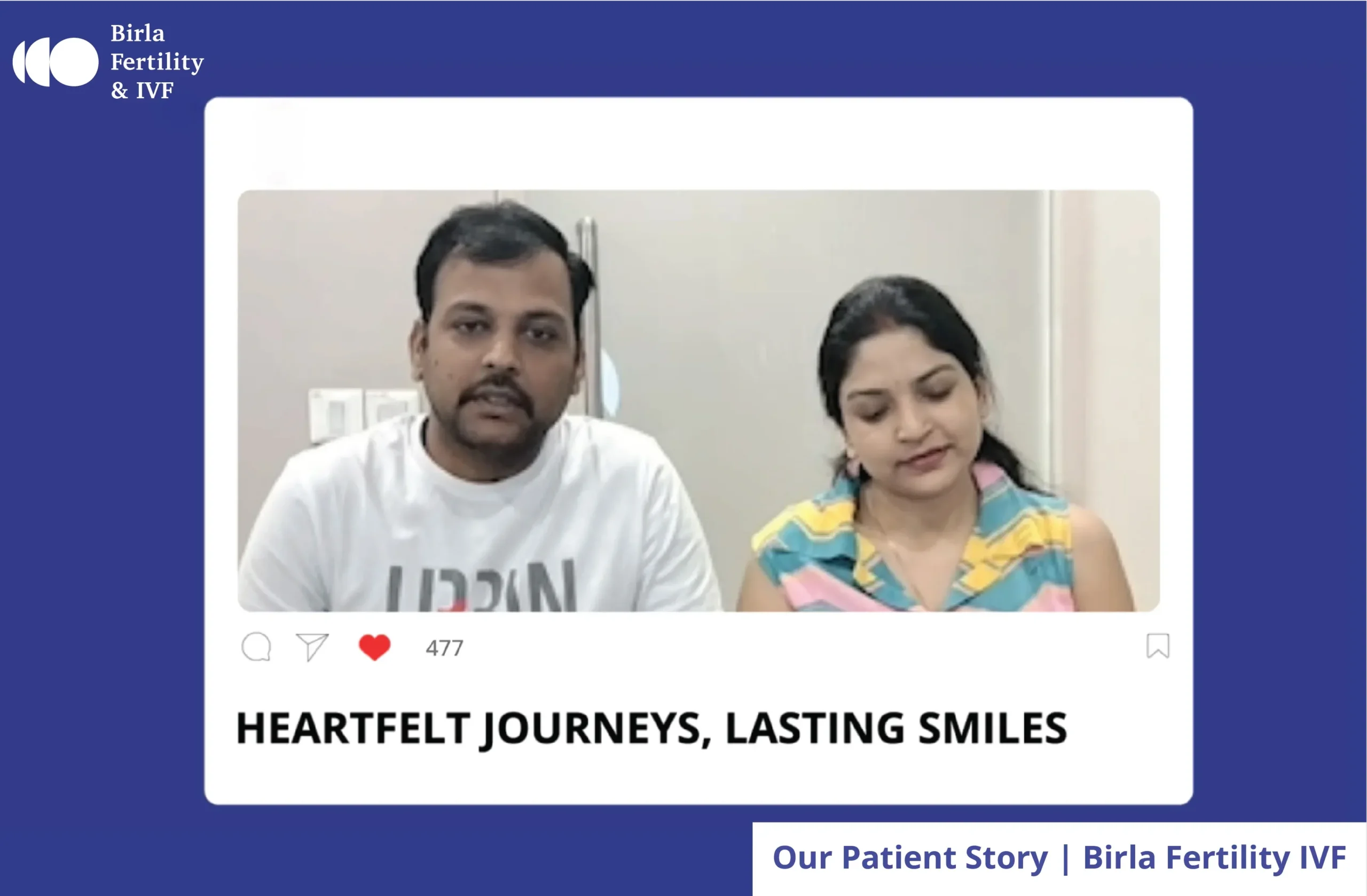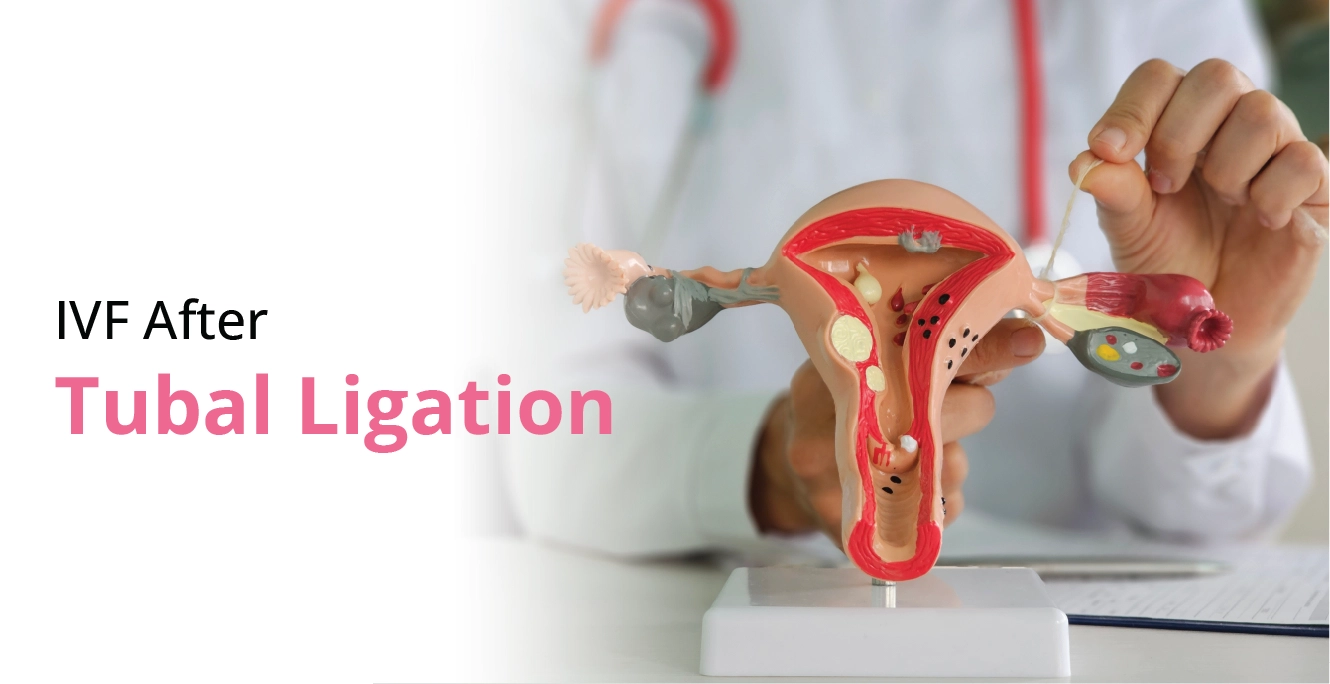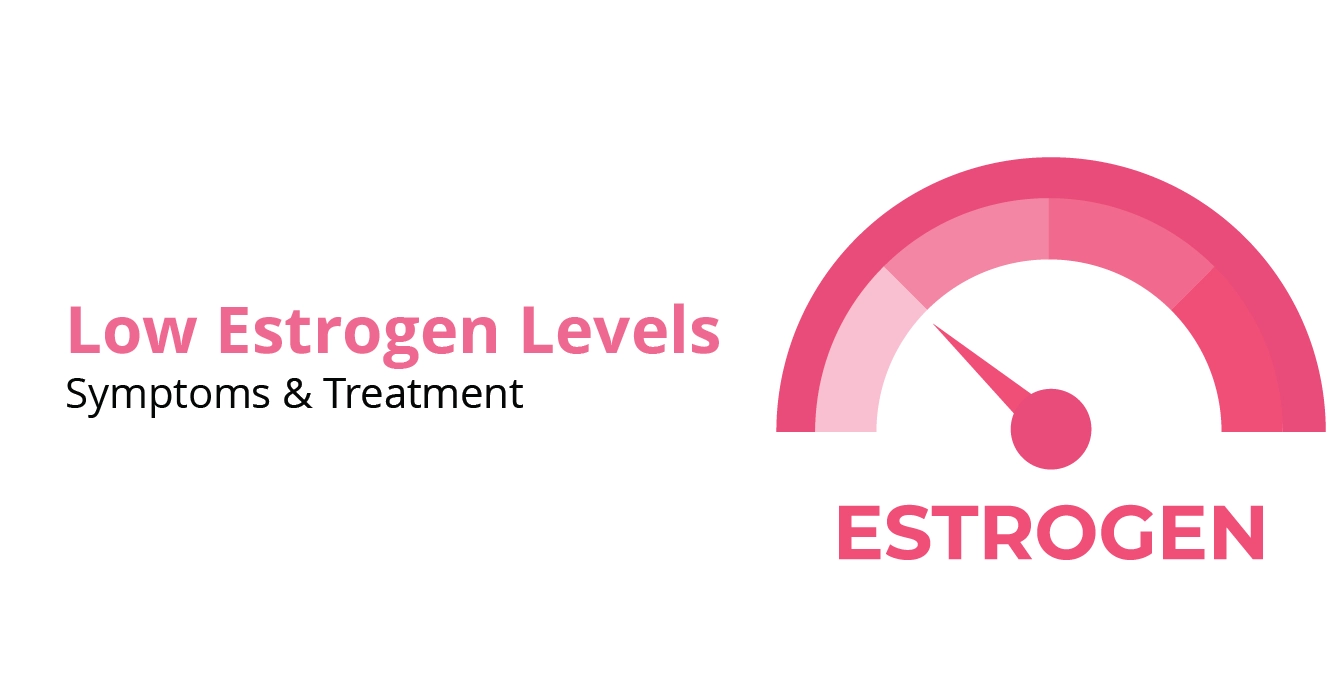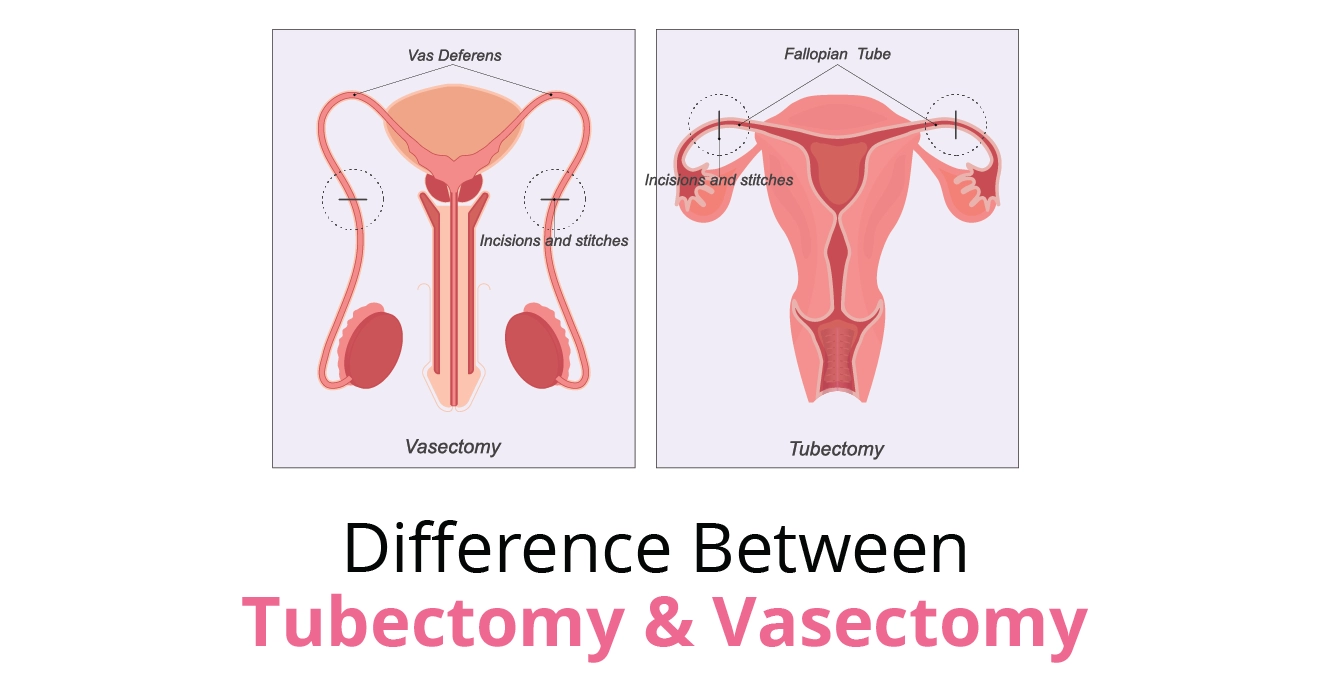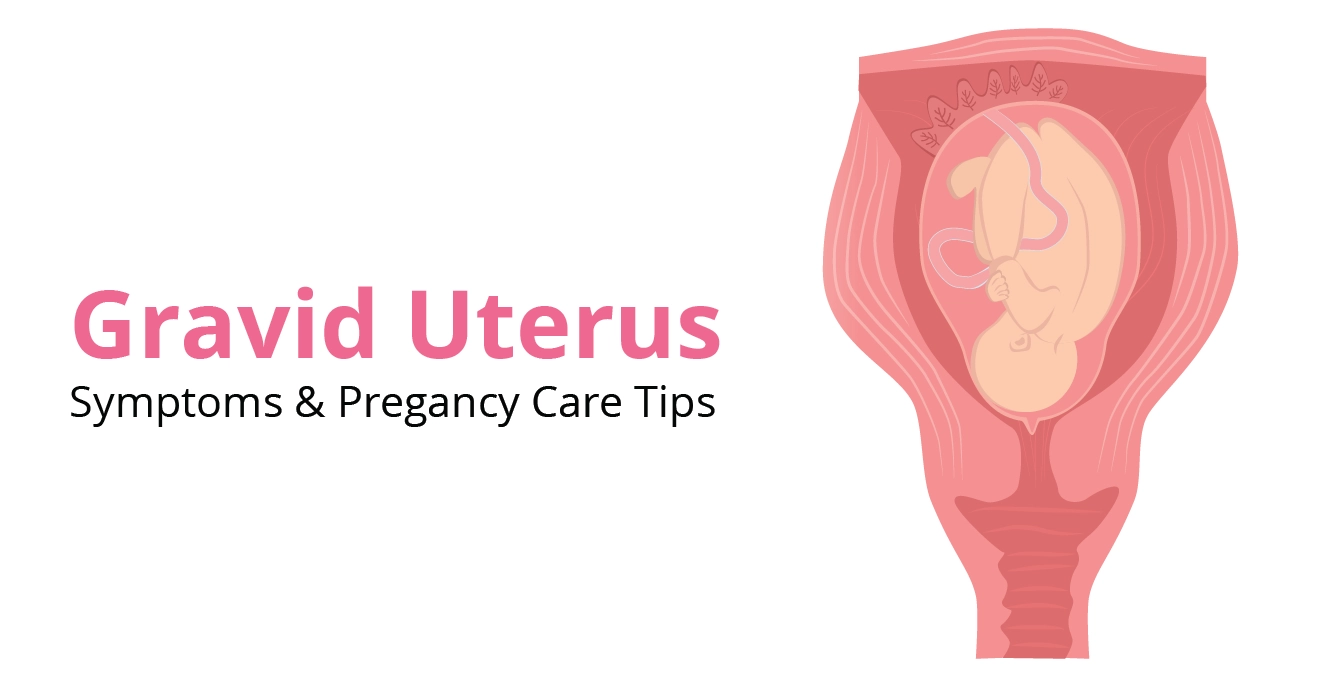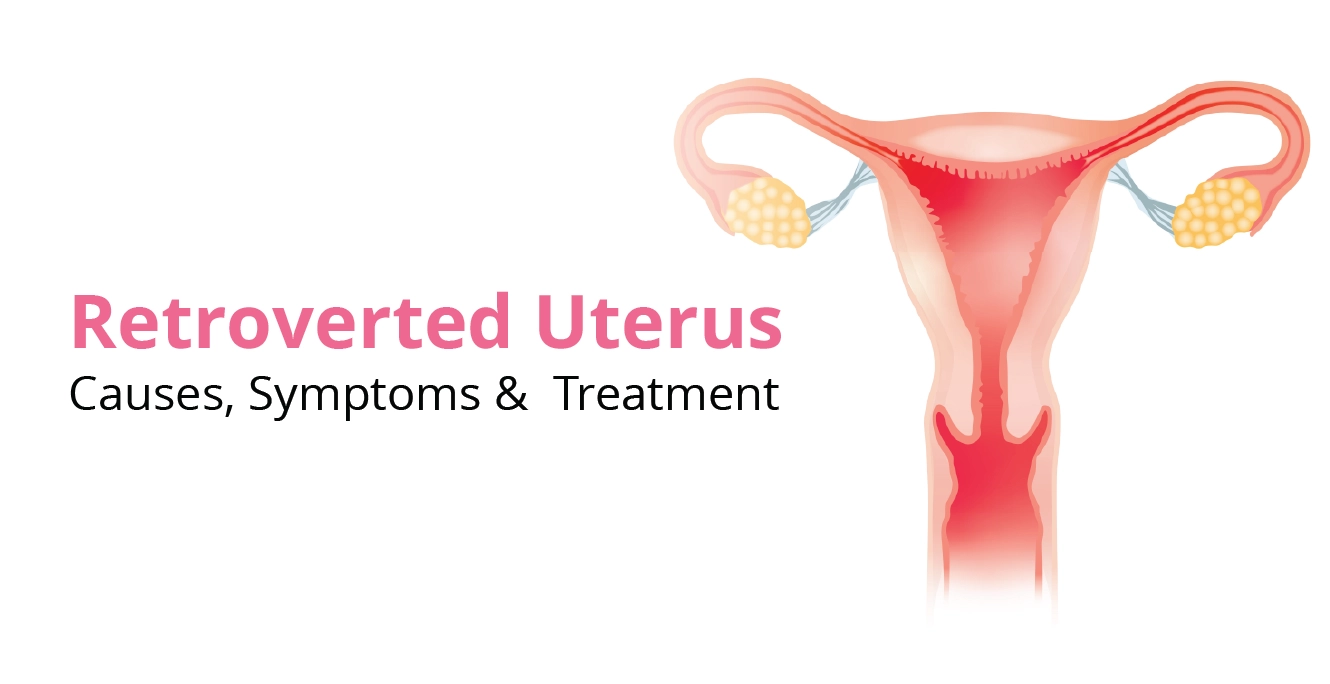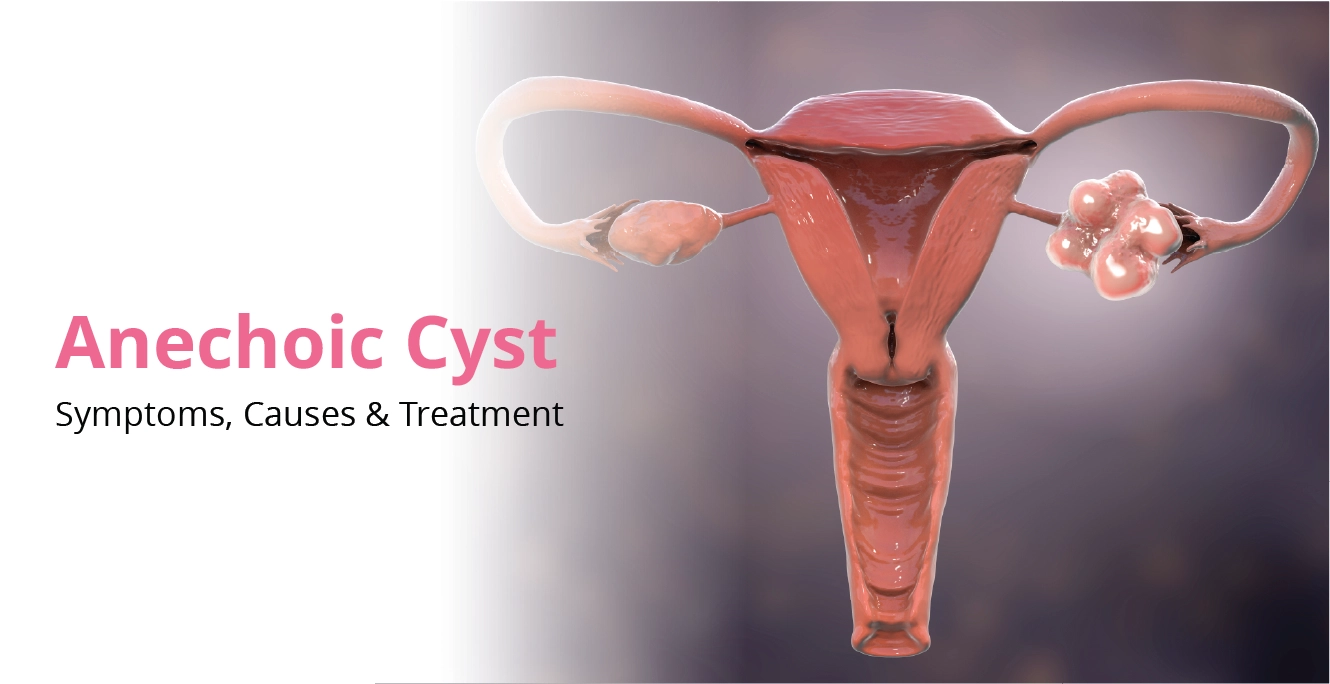Dietetics
Dietetics is a field that focuses on the relationship between food, nutrition, and human health. It encompasses applying nutritional science to promote health and manage diseases through dietary choices. Dietitians play a crucial role in healthcare and also help with ongoing fertility treatments. Let’s explore how.

What is Dietetics?

Dietetics may enhance fertility through proper nutrition. A well-balanced diet rich in essential nutrients can significantly improve reproductive health for both men and women.
Infertility affects approximately 9% of married women of childbearing age, and research indicates that nutrition and body weight can significantly impact the ability to conceive. Proper nutrition can regulate menstrual cycles, improve hormone balance, and enhance overall reproductive health. Therefore, understanding the essential nutrients that contribute to fertility is vital for those trying to conceive.
Key nutrients play a significant role in enhancing fertility for both men and women. Essential nutrients that support reproductive health include folate, iron, zinc, omega-3 fatty acids, antioxidants, and vitamin D.
To optimise fertility, individuals should focus on a balanced diet that includes a variety of nutrient-dense foods.
Why is Dietetics required?
Dietetics is essential for maintaining overall health and well-being. Proper nutrition can significantly enhance fertility and manage hormonal and reproductive conditions and sperm quality. Here’s a closer look at why dietetics is required in these areas.
-
Hormonal Balance: A balanced diet is crucial for maintaining optimal levels of hormones such as estrogen and progesterone. Dietetics helps you manage this.
-
Weight Management: Maintaining a healthy weight is critical for fertility. Both underweight and overweight individuals may experience difficulties in conceiving.
-
Managing Conditions: Dietetics is vital for managing reproductive health conditions such as polycystic ovary syndrome (PCOS) and endometriosis.
-
Sperm Quality: Nutrition also plays a significant role in male fertility, particularly in improving sperm quality, count, and motility.

Role of registered Dietetics

The role of registered dietetics is as follows:
-
Personalised Nutrition Plans: Registered dietitians (RDs) create tailored nutrition plans based on individual health metrics, dietary preferences, and lifestyle factors.
-
Nutritional Assessment: RDs conduct comprehensive assessments to analyse dietary intake, body composition, and medical history.
-
Medical Nutrition Therapy: They provide specialised dietary interventions for managing chronic conditions.
-
Hormonal Balance: RDs help maintain optimal levels of hormones like estrogen and progesterone through proper nutrition, which is essential for reproductive health.
-
Weight Management: They address both underweight and overweight issues by promoting healthy eating habits and incorporating essential nutrients to support weight balance.
-
Condition Management: RDs assist in managing conditions like polycystic ovary syndrome (PCOS), endometriosis, and ovulation issues.
-
Sperm Quality Improvement: They provide nutritional guidance to enhance male fertility.
-
Ongoing Support and Education: RDs offer continuous education and support to help clients adapt to dietary changes.
-
Community Outreach: They engage in public health initiatives and educational programs.
-
Research and Policy Development: Some RDs contribute to nutrition research and advocate for health-promoting policies.
Why Choose Us
Choosing the right fertility clinic is crucial for starting your family. At Birla Fertility & IVF, we offer personalised care with expert specialists guiding you every step of the way. Our advanced labs and outstanding success rates have helped over 2,30,000 patients achieve their dream of parenthood.
When to see a Dietician?
Preparing for Pregnancy
- If you are planning to conceive, a dietitian can help you optimise your diet to ensure you are getting the necessary nutrients that support fertility.
Hormonal Imbalances
- If you experience irregular menstrual cycles or heavy periods, a dietitian can provide dietary strategies to help balance hormones.
Improving Sperm Quality
- Men facing issues with low sperm count or motility can benefit from nutritional guidance.
Frequently Asked Questions
Recent Blogs
Book an appointment
Hassle-Free Appointment Booking

 Our Centers
Our Centers


















